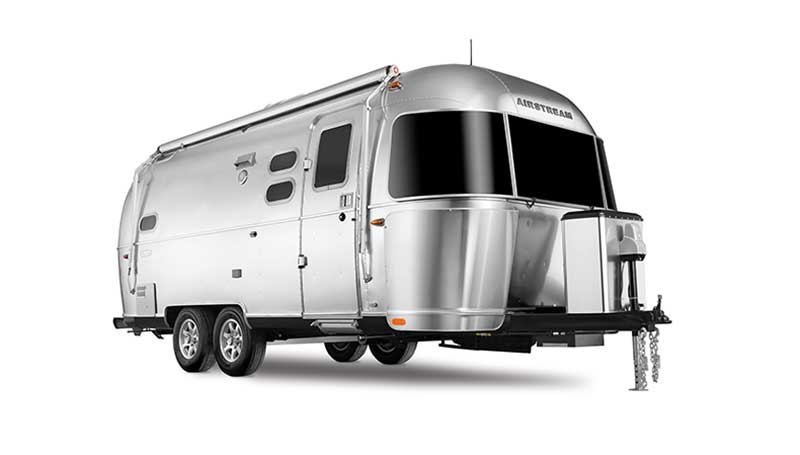Karen is endlessly curious, with an insatiable appetite for travel and exploring nature. She is an entrepreneur, scuba instructor and photographer, living and working full-time on the road with her husband Lenny, daughter Lilya, their adorable dog Marley and a colorful little parrot named Mango. She believes in creating the life you desire and living it to the fullest.
Learn
RVing Through History
Learn how this high school history teacher makes RV travel both educational and fun for her whole family.










